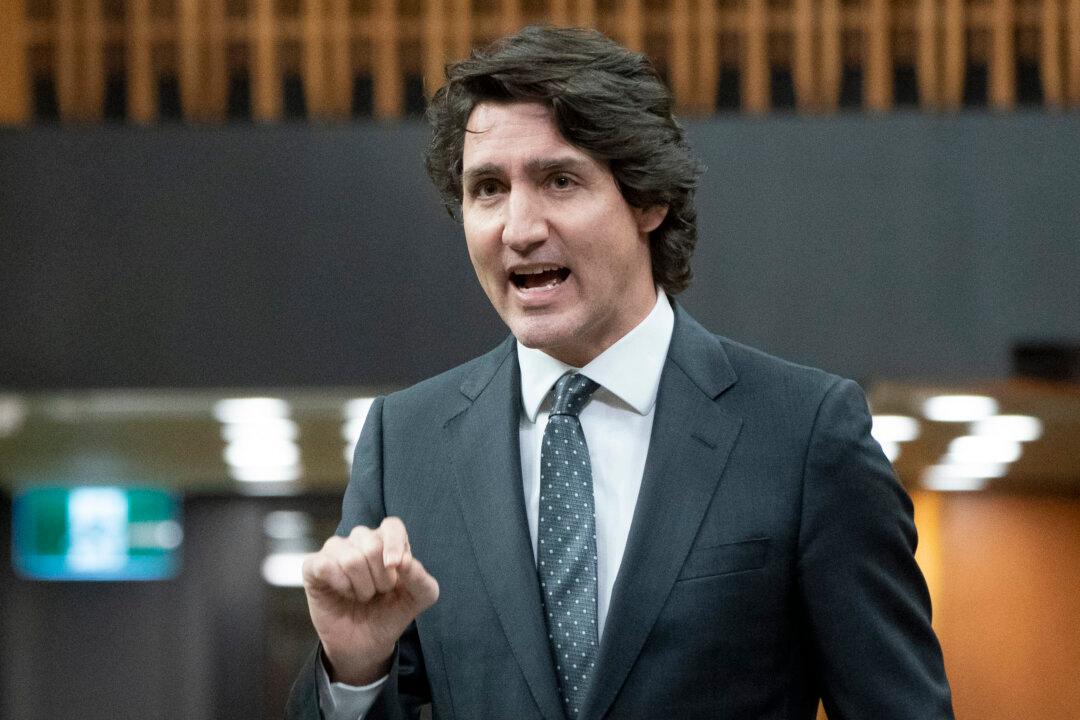Commentary
With the parliament now formally invoking the Emergencies Act, many civil freedoms can be suspended in the name of dealing with our current emergency, whatever that may be.

With the parliament now formally invoking the Emergencies Act, many civil freedoms can be suspended in the name of dealing with our current emergency, whatever that may be.